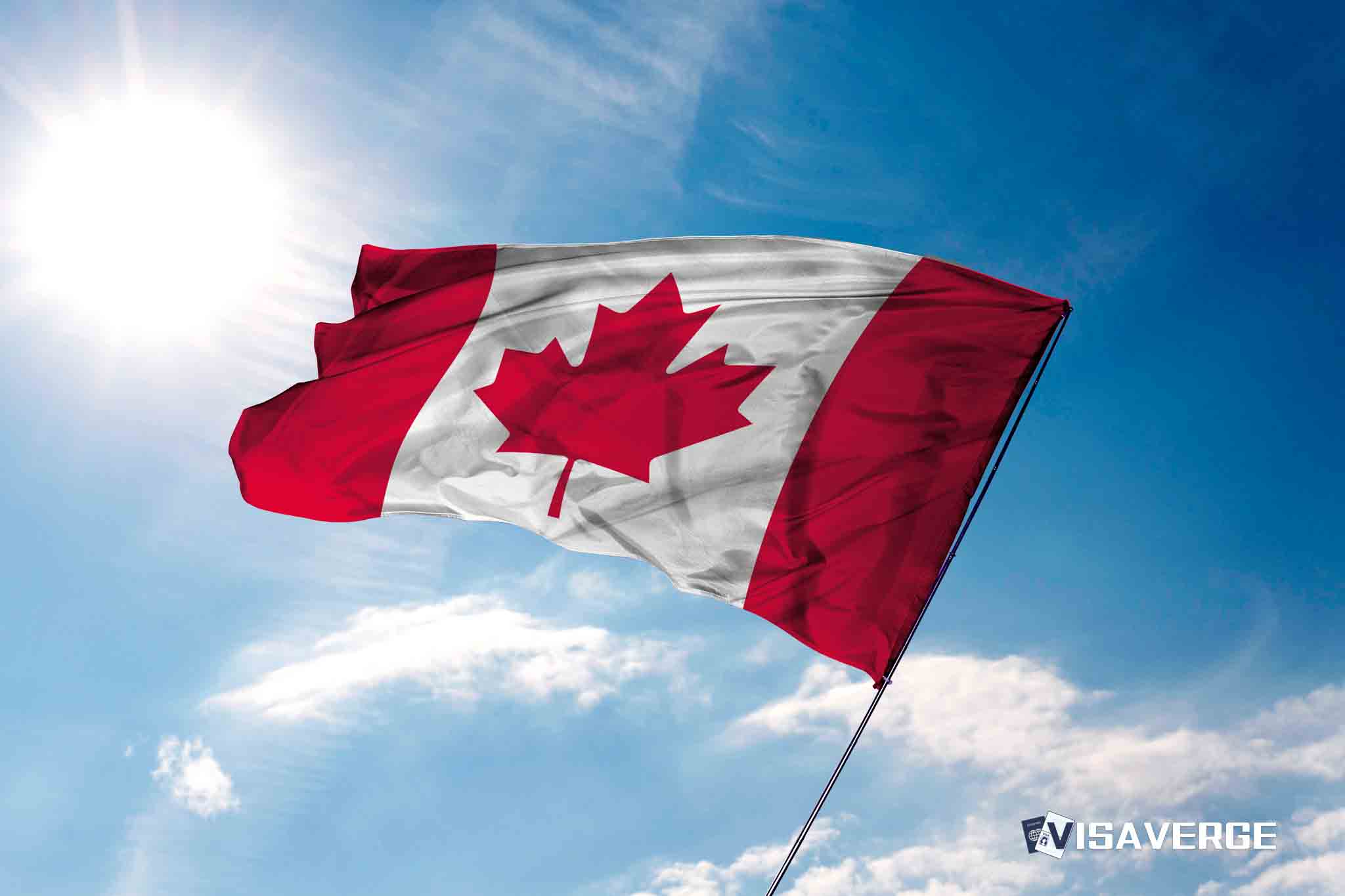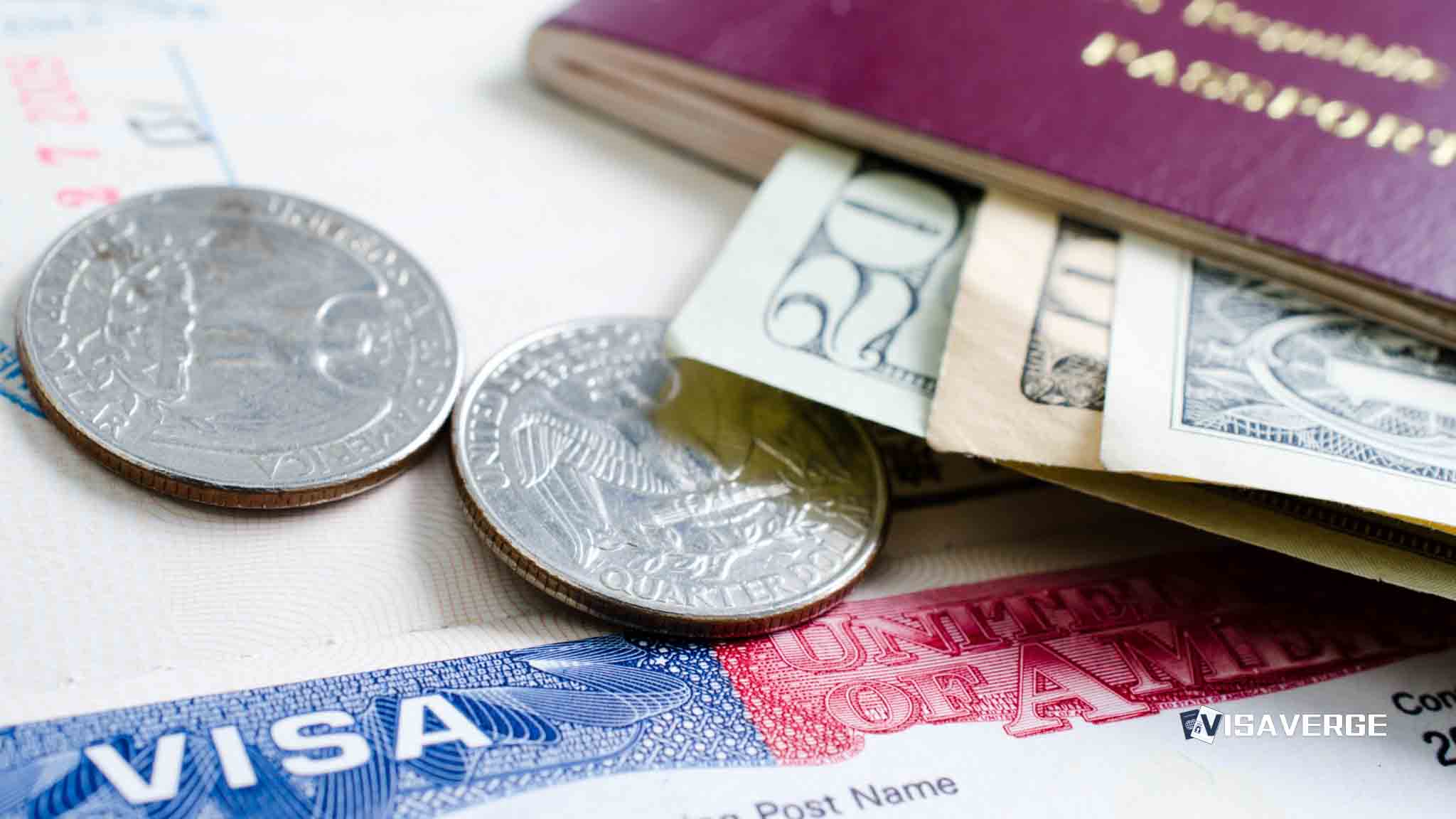Vietnam will launch a limited-term visa waiver on August 15, 2025, under Decree No. 221/2025/ND-CP, offering digital or physical multi-entry cards, valid up to five years, for select foreign contributors endorsed by Vietnamese authorities.
What is changing and why it matters

Vietnam’s new policy introduces a special visa waiver card for people who can help the country grow. The government aims to make repeat travel easier for experts, investors, business leaders, diplomats, and other high-profile guests, enabling long-term cooperation with Vietnamese partners.
- Effective date: August 15, 2025
- Legal basis: Decree No. 221/2025/ND-CP
- Validity: Up to five years, with multiple entries
- Format: Digital and physical visa waiver cards
According to analysis by VisaVerge.com, the mix of digital and physical cards should lower barriers for international cooperation and support projects that require frequent travel.
Who may qualify under the decree
Decree No. 221/2025/ND-CP targets foreign nationals who can contribute to Vietnam’s socio-economic development. Eligible groups include:
- Guests invited by top leaders, such as the General Secretary, State President, Prime Minister, and other senior officials
- Diplomats and state-level guests
- Business leaders and investors from major global corporations
- Experts, scientists, professors, and chief engineers, especially in digital technology
- Cultural, artistic, sports, and tourism figures with positive public influence
- Vietnam’s honorary consuls abroad
- Guests of designated research institutes, universities, and large enterprises approved by government bodies
- Others approved for diplomatic or socio-economic purposes by the Minister of Public Security, based on proposals from relevant agencies
These categories are intentionally broad, allowing ministries and approved organizations to sponsor individuals who can make a clear impact.
What the visa waiver card offers
- Multiple entries for up to five years: Card holders can enter and exit Vietnam many times without applying for new visas each trip.
- Digital or physical format: A digital card can speed up checks at border posts, while a physical card suits those who prefer a tangible document.
- Reduced paperwork over time: Long-term collaboration becomes easier for research, investment, training, and technology transfer.
How to seek the visa waiver card
Vietnam will finalize detailed procedures after the policy takes effect. The expected steps are:
- Invitation or nomination: A Vietnamese ministry, government agency, or authorized organization invites or nominates the foreign national.
- Submission: The sponsoring body submits an application to the Ministry of Public Security or the immigration authority.
- Verification: Officials check eligibility against the criteria in Decree No. 221/2025/ND-CP.
- Issuance: If approved, the applicant receives a digital or physical visa waiver card with a validity period set by authorities (up to five years).
- Entry to Vietnam: The card holder presents the card at the border for visa-free entry, as often as needed during validity.
For official updates and contact points, visit the Vietnam Immigration Department: https://www.xuatnhapcanh.gov.vn/
How this fits with existing visa waivers
The new card complements, rather than replaces, current exemptions:
- 45-day visa waiver for 12 European countries: Belgium, Bulgaria, Croatia, Czech Republic, Hungary, Luxembourg, Netherlands, Poland, Romania, Slovakia, Slovenia, Switzerland. This runs from August 15, 2025, to August 14, 2028, and mainly supports tourism.
- Existing exemptions for 29 countries: These remain in force, with stays ranging from 14 to 45 days, and may include options for extensions or re-entry where allowed.
The special visa waiver card targets high-level contributors who need longer, repeated access beyond short tourist stays.
Practical examples
- A chief engineer from a major semiconductor firm is invited by a Vietnamese ministry to advise on a factory project. With the visa waiver card, she can fly in monthly for site visits over several years without new visa applications each time.
- A university professor selected by a government-approved research institute plans to co-lead a multi-year study. The multi-entry feature allows him to attend quarterly workshops and supervise students in person.
- An investor with board roles in several Vietnamese startups needs to travel frequently for funding rounds and audits. The five-year card lowers travel friction and helps keep deals on schedule.
These examples illustrate how the card supports steady cooperation, which can be difficult under short-stay visas or one-off entries.
Benefits for different groups
- Foreign professionals: Less time on paperwork; easier planning for long-term projects.
- Companies and universities in Vietnam: More predictable access to advisors, trainers, and partners.
- Government agencies: A clear, controlled channel to invite and manage high-impact visitors.
Immigration specialists note that the digital option signals ongoing modernization of border systems.
What to prepare now
While waiting for detailed guidance, potential sponsors and applicants can:
- Confirm eligibility: Verify that the individual fits one of the listed categories or can be proposed to the Minister of Public Security for socio-economic or diplomatic reasons.
- Gather support letters: Agencies and organizations should prepare invitation or nomination letters with clear goals, timelines, and expected outcomes.
- Plan travel calendars: Map key visits over the next one to five years to demonstrate the need for a multi-entry card.
- Coordinate with authorities: Stay in touch with the relevant ministry or the Immigration Department for procedural updates after August 15, 2025.
What to watch next
Authorities are expected to release instructions on filings, processing times, and card formats soon after the effective date. Potential expansions of eligible categories and further digital services may follow, depending on early results.
VisaVerge.com reports that steady monitoring and fine-tuning are likely, as Vietnam balances security with easier access for trusted partners.
Key takeaways
- Decree No. 221/2025/ND-CP creates a visa waiver card for select foreign contributors, effective August 15, 2025.
- The card supports multiple entries and can be valid up to five years, in digital or physical form.
- Eligibility covers invited high-level guests, diplomats, business leaders, top experts, cultural figures, honorary consuls, and others approved for socio-economic or diplomatic purposes.
- The card complements the 45-day visa waiver for citizens of Belgium, Bulgaria, Croatia, Czech Republic, Hungary, Luxembourg, Netherlands, Poland, Romania, Slovakia, Slovenia, and Switzerland (August 15, 2025 – August 14, 2028).
- Sponsors should prepare invitations and coordinate with authorities; applicants should organize travel plans and documents for smooth processing once procedures are published.
For official policy updates, consult the Vietnam Immigration Department: https://www.xuatnhapcanh.gov.vn/
Frequently Asked Questions
This Article in a Nutshell
Vietnam issues visa waiver cards from August 15, 2025, under Decree No. 221/2025/ND-CP. Select invited experts, investors, diplomats, and cultural figures may receive multi-entry digital or physical cards valid up to five years, simplifying repeated travel and long-term cooperation while sponsors prepare invitations and documentation before procedures finalize.













